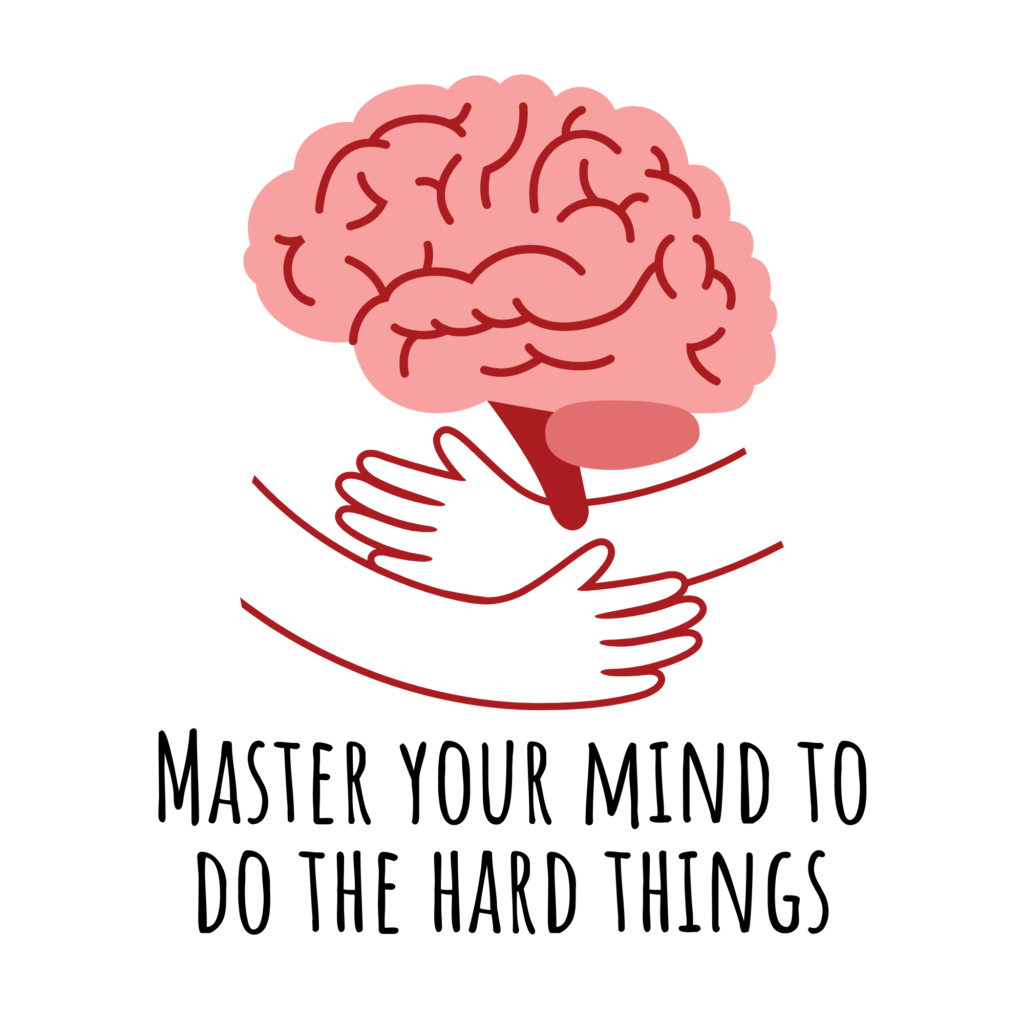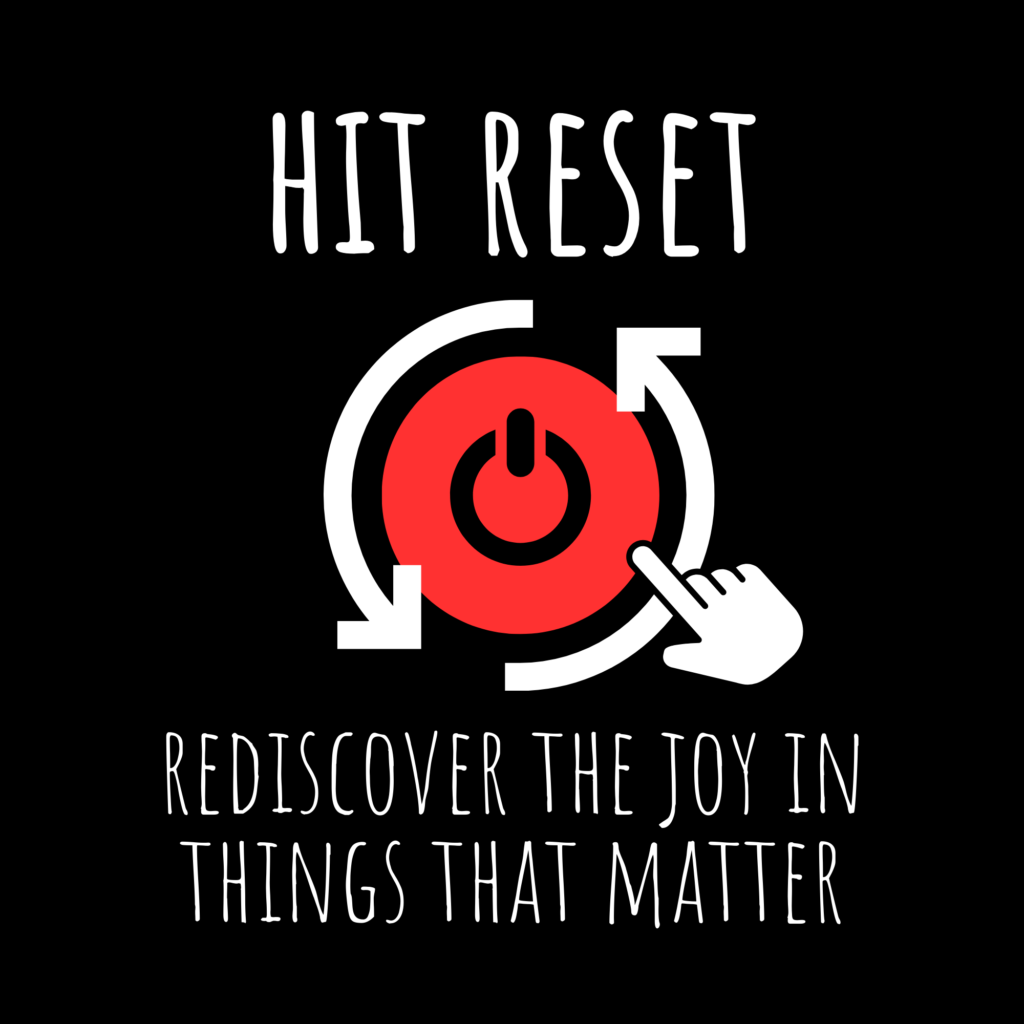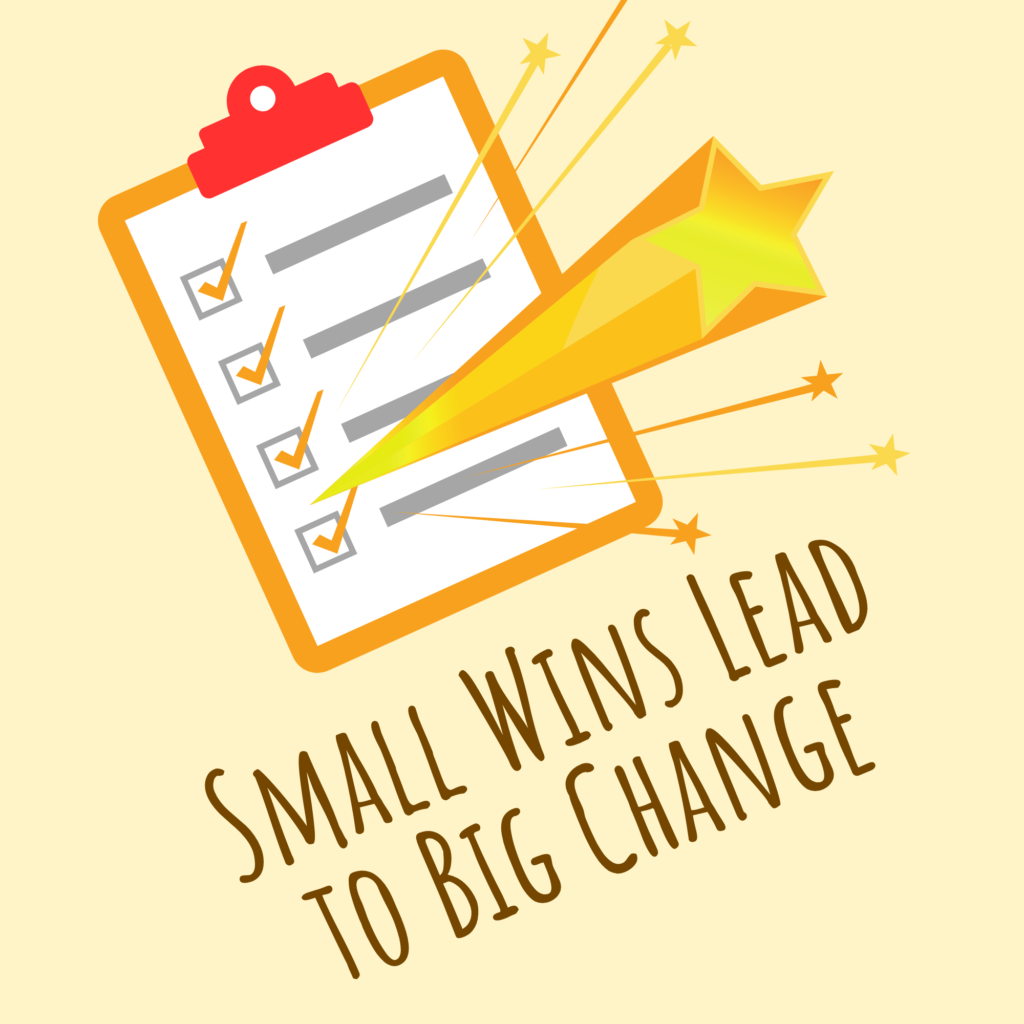How to Trick Your Brain Into Doing the Hard Things

You know the feeling all too well. It’s Monday morning, and you’ve promised yourself that this will be the week you finally commit to hitting the gym, working on that side hustle, or starting a new habit. But then, you find yourself an hour deep into your favorite social media platform, or watching yet another episode of that binge-worthy show. The things you need to do remain untouched, while the things that give you a quick dopamine fix seem irresistible. Why is it so hard to stick to the tasks that will benefit us in the long run? And more importantly, how can we trick our brains into doing these hard things?
The Dopamine Dilemma: Why the Hard Things Are Hard
Let’s start with understanding what’s happening in your brain. At the core of your struggle to do hard things lies dopamine—a neurotransmitter often referred to as the "motivation molecule." Dopamine is released when you experience pleasure, and your brain loves it. It's the reason you feel satisfaction after eating something delicious or scrolling through an entertaining social media feed. Dopamine motivates you to seek out experiences that trigger its release, and unfortunately, these are often the things that offer instant gratification but little long-term value.
Now, contrast that with something like going to the gym or working on your business. These are activities that require effort and don’t give you an immediate dopamine hit. Instead, they demand patience and discipline. You might not see physical results from the gym for weeks, or profits from your business for months, if not years. The delay in gratification makes these tasks feel like they’re working against your brain’s natural wiring for short-term pleasure.
But here’s the thing: people who can delay instant gratification are often the ones who succeed in the long run. Why? Because they’ve learned how to trick their brains into finding satisfaction in the harder, more meaningful tasks. In this article, I’m going to show you how to do the same.
My Personal Struggle with Dopamine
I’m no stranger to this struggle. For a long time, I found myself trapped in the cycle of instant gratification. I’d sit down to work on something important, like writing an article or brainstorming business ideas, but within minutes, I’d be reaching for my phone to check Instagram or catch up on a podcast that seemed productive but was really just another form of edutainment—entertaining education that felt like I was learning something but wasn’t actually getting me closer to my goals.
Coffee and music became crutches for productivity. I told myself, “If I can just get in the right mood, I’ll be more productive.” But I was still procrastinating on the real work. It became clear that I needed a reset—a way to reclaim control over my attention and focus.
That’s when I learned about "dopamine detox".

The "Dopamine Detox": Resetting Your Brain
A "dopamine detox" is exactly what it sounds like: a break from the activities that give you easy pleasure hits. This means no social media, no binge-watching, no video games, no pornography, no sweets—for 24 hours or more. It sounds extreme, but the purpose is simple: by lowering your brain’s tolerance for dopamine, you can rewire it to find pleasure in more meaningful tasks again.
Why is this necessary? Because when you constantly flood your brain with dopamine from low-effort activities, everything else starts to feel boring. Hitting the gym seems like a chore because your brain has become used to getting dopamine with minimal effort. Building a business seems overwhelming because there’s no immediate payoff. But by cutting out the easy sources of dopamine, you force your brain to recalibrate. Over time, it starts to find satisfaction in harder, more productive tasks.
What Happens During a "Dopamine Detox"?
1. Increased Focus:
Without the constant distractions of social media or other mindless activities, your brain can zero in on the tasks at hand. The fog lifts, and you start to notice that you can work on something difficult without needing to check your phone every five minutes.
2. More Free Time:
You’ll be shocked at how much free time you gain when you cut out dopamine-draining activities. Hours that were once spent mindlessly scrolling are suddenly available for learning a new skill, practicing a hobby, or working on a side project.
3. Enhanced Creativity and Problem-Solving:
With a clearer mind, you’ll find yourself more creative and better able to solve problems. You’re no longer distracted by the pull of instant gratification, and your brain can direct its full power toward thinking critically and coming up with new ideas.
4. Newfound Joy in Hard Tasks:
As your brain adjusts, you’ll start to find pleasure in completing the tasks you once avoided. After all, your brain still craves dopamine, and it will start to seek it from productive activities like working out or finishing a project. Completing a tough task will start to feel as satisfying as getting lost in a social media rabbit hole once did.
5. Better Self-Regulation:
After a successful dopamine detox, you’ll find it easier to regulate your impulses. You’ll be more disciplined, more focused, and better equipped to delay gratification, setting you up for long-term success.
Understanding Dopamine and the Pleasure Principle
Dopamine operates on what’s known as the pleasure principle: we seek pleasure and avoid pain. When dopamine is released, it reinforces the behavior that triggered it, making us want to repeat that action. This is why people get addicted to things like drugs, social media, pornography, or even political debates—they provide an easy way to spike dopamine without much effort.
In today’s digital world, our brains are bombarded with dopamine spikes from every angle. Each like on a post, each new episode of a show, each notification is a micro-dose of pleasure that keeps us hooked. But the more dopamine you get from these easy sources, the more you need to feel satisfied. Eventually, the baseline rises, and anything less stimulating feels boring.
That’s why a "dopamine detox" is so powerful. It lowers your baseline dopamine levels, making it possible to find satisfaction in less intense, but more meaningful, activities again. You’re essentially reprogramming your brain to enjoy the harder things.
How to Start Tricking Your Brain Today
Here are a few strategies to start reprogramming your brain and finding pleasure in the hard tasks:
1. Set Clear Rewards:
You can trick your brain into doing hard things by associating them with a reward. For example, study or work on a project for 3 hours, then reward yourself with half an hour of your favorite show or a tasty snack. The key is to make the reward contingent on completing the hard task.
2. Break Tasks into Small Wins:
Large tasks can feel overwhelming, which makes it easier to procrastinate. But if you break them into smaller, more manageable tasks, you’ll trigger small dopamine releases with each completion. This creates a feedback loop where you start to enjoy the process.
3. Limit Dopamine-Draining Activities:
This is where the "dopamine detox" comes into play. Start by reducing the time you spend on social media or mindless activities. Even a few hours a day of less screen time can make a huge difference.
4. Make Hard Things Fun:
Find ways to enjoy the hard tasks. If working out feels like a chore, try a new type of exercise or find a workout buddy. If building a business feels overwhelming, focus on the aspects you enjoy first and gradually tackle the tougher parts.
5. Embrace Discomfort:
Growth happens when you’re uncomfortable. The more you practice pushing through the initial resistance of a hard task, the easier it will become. Remember, your brain can be trained to find pleasure in discomfort.
Conclusion: The Long-Term Payoff
In a world that offers endless dopamine fixes at our fingertips, tricking your brain to do the hard things is one of the most valuable skills you can develop. By understanding how dopamine works, engaging in regular dopamine detoxes, and setting up a system of rewards and discipline, you can reprogram your brain to enjoy the tasks that lead to long-term success.
The truth is, nothing worth having comes easy. But if you can train your brain to find joy in the effort, you’ll not only accomplish your goals but also discover a deeper, more lasting form of satisfaction.




